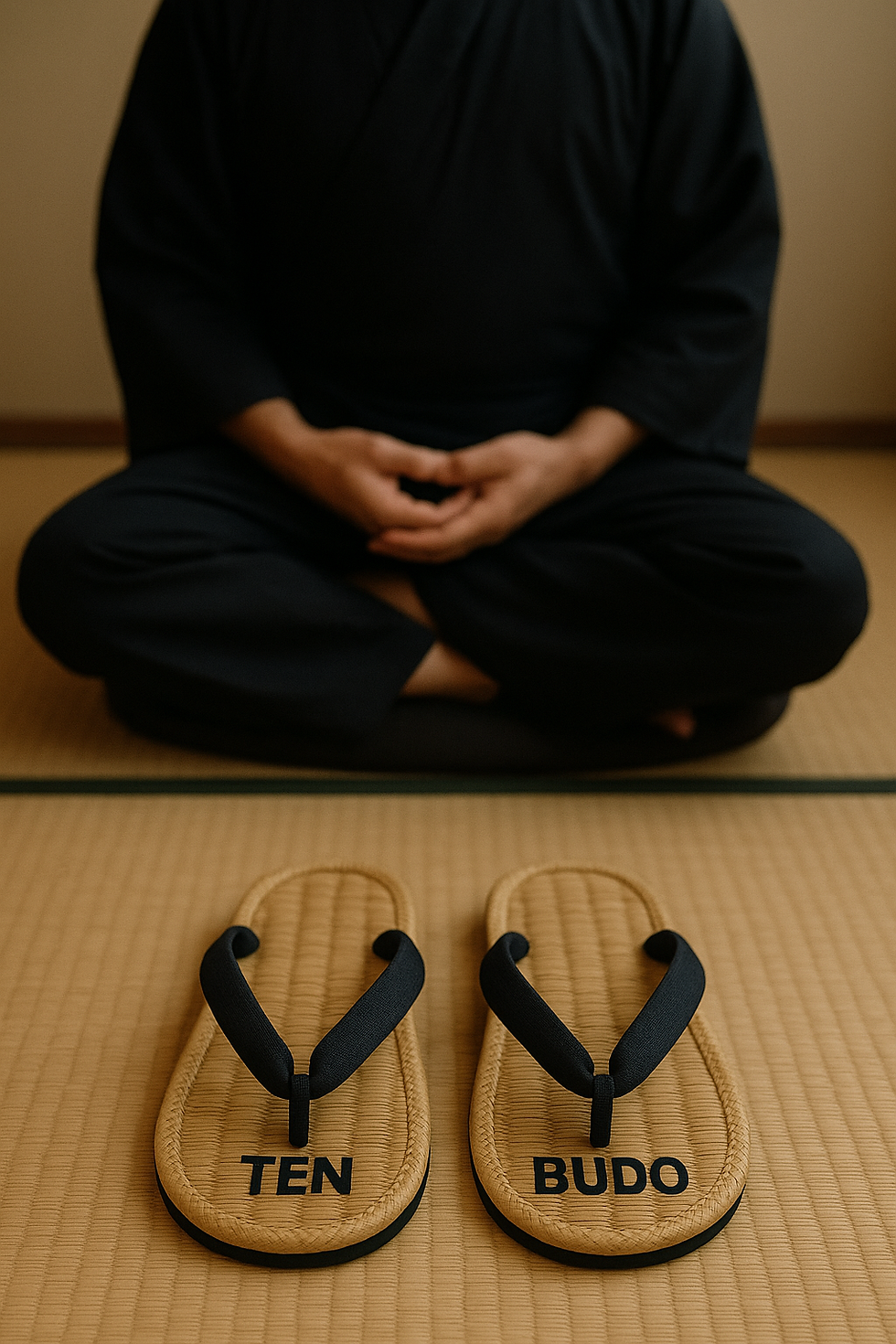Japanese Tea Ceremony & Health
- TB 1

- Aug 6, 2023
- 2 min read
Updated: Dec 23, 2024
The Japanese tea ceremony, known as "chanoyu" or "sado," holds profound benefits for both Japanese culture and mental health. As a significant cultural practice, the tea ceremony has been integral to shaping Japan's identity and fostering a sense of community and harmony. Firstly, the tea ceremony emphasizes mindfulness and presence. Participants are encouraged to be fully engaged in every aspect of the ceremony, from the precise preparation of the tea to the attentive observation of the utensils and the serene atmosphere of the tea room. This focus on mindfulness promotes a deep sense of appreciation for the present moment, allowing participants to temporarily detach from the pressures of daily life and find tranquility in the ritual.

Secondly, the tea ceremony embodies the Japanese values of respect and hospitality. The host of the ceremony carefully considers the needs and preferences of the guests, creating a warm and welcoming environment. The act of serving and receiving tea becomes a symbol of respect and gratitude, fostering a sense of connection and harmony among participants.
The tea ceremony also plays a role in promoting social cohesion and community bonding. People from diverse backgrounds come together to share this cultural experience, transcending social barriers and promoting a sense of unity. Through the tea ceremony, participants learn the importance of humility and cooperation, fostering a stronger sense of belonging to a larger community.
Regarding mental health, the tea ceremony offers a sanctuary for stress relief and relaxation. Engaging in the slow and deliberate movements of the ceremony, savoring the aroma and taste of the tea, and appreciating the aesthetics of the tea room create a meditative experience. This meditative quality has been linked to reduced anxiety and improved mental well-being.
The ritualistic nature of the tea ceremony provides a structured and predictable framework, which can be particularly beneficial for individuals seeking stability and a sense of control in their lives. The repetitive motions and patterns involved in the ceremony can have a calming effect, promoting a sense of order and mindfulness.
Moreover, the tea ceremony encourages introspection and self-awareness. Participants are invited to reflect on the transient nature of life and the beauty in simplicity, instilling a sense of acceptance and appreciation for imperfections. This meditative aspect of the tea ceremony can contribute to a more positive outlook on life and a greater sense of inner peace.
In summary, the Japanese tea ceremony has profound benefits for both Japanese culture and mental health. Through its emphasis on mindfulness, respect, and community bonding, the tea ceremony enriches the cultural fabric of Japan and fosters a sense of harmony and unity. Furthermore, its meditative qualities and emphasis on introspection contribute to reduced stress and anxiety, promoting mental well-being and enhancing the overall quality of life for participants.






Comments